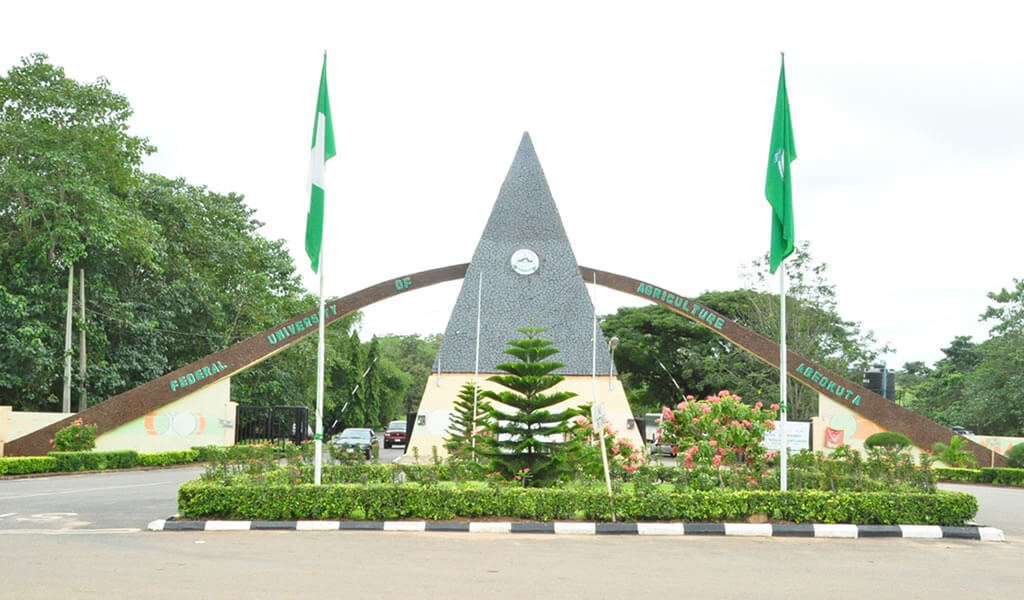The Department of Animal Nutrition is devoted to the pursuit of scientific knowledge that is related to the feeds and feeding of all classes of farm animals (animals of agricultural importance). The major focus of livestock and research covers ruminant, non-ruminant and micro-livestock nutrition. The research interest runs the gamut from applied studies to basic exploratory animal nutrition. The Department ranked among the best in the country.
Philosophy and Objectives
The primary philosophy that guides the training of students in the Department of Animal Nutrition is the production of skilled manpower that is adequately furnished with the comprehensive information required, for engaging in economic agricultural production in an environment characterized by rural setting and adequate land endowment. Such knowledgeable professional manpower has to be produced in an atmosphere with the widest possible human and material resources, through the adoption of effective techniques of instruction, and exposure to the actual practice of Animal Nutrition and Feeding. Consequently, there are opportunities for formal training at the Undergraduate and Postgraduate levels for the acquisition of basic and higher degrees in Non-ruminant, Ruminant and Micro-livestock Animal Nutrition respectively. These training programmes are mounted through classroom instruction, laboratory practical, feedmill/farm demonstration, and workshop practice.
Objectives of the programme are:
- To assist in the attainment of self-sufficiency in the production of basic food; ii. To contribute to the achievement of the goal of marked increase in the production of agricultural raw-materials to support the growth of several industries;
- To enhance the production and processing of export produce; With emphasis on relevant, appropriate and manageable technology modernize agricultural production, processing, storage, preservation and distribution;
- To enhance the rural employment opportunities and the attendant improvement of the quality of rural life;
- To evolve effective ways of protecting agricultural land resources from ecology degradation such as erosion, pollution, etc.
- To develop new patterns of agricultural structures and government policies which clearly demonstrate that agriculture is an important part of our national economy.


